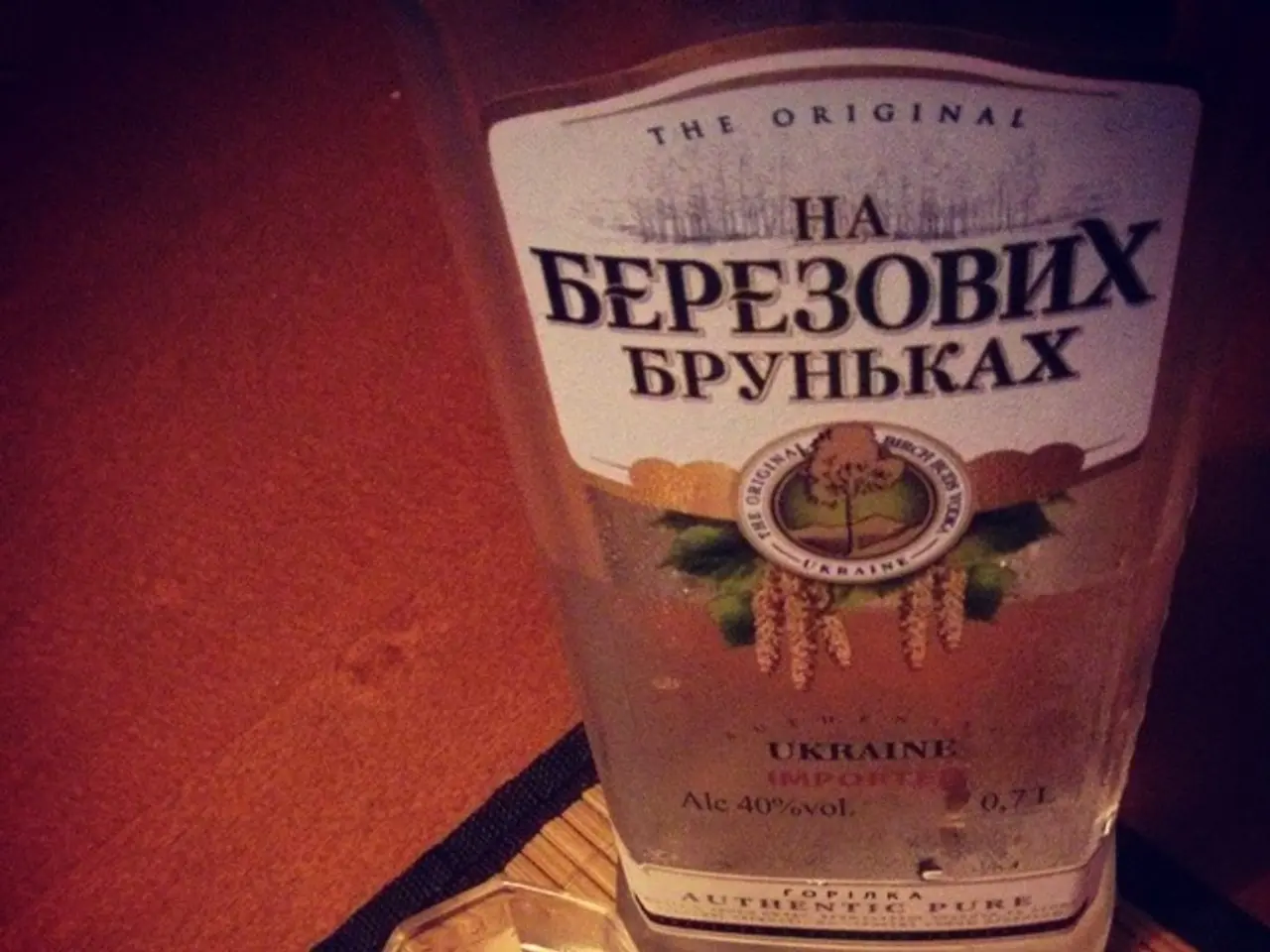Politicians may be spearheading new alcohol policies, not for the sake of reducing harm, but for political gain
In the heart of Kenya, a nation known for its vibrant culture and resilient spirit, a significant shift in alcohol policies has sparked debates and controversies. This change, under the current administration of President William Ruto, stands in stark contrast to the approach taken by former President Mwai Kibaki in the early 2000s and around 2010.
During Kibaki's tenure, the focus was on harm reduction. Brewers were encouraged to produce affordable, safe alternatives to illicit brews like Senator Keg, while tax relief was offered to promote regulated, legal alcohol consumption. This pragmatic approach aimed to address root issues such as poverty and addiction, promoting safety and economic considerations.
Fast forward to 2025, and a different narrative emerges. The Ruto administration, in an attempt to address the alcohol problem, has introduced more restrictive policies. These include raising the legal drinking age from 18 to 21 and the unveiling of the National Alcohol Policy 2025, which emphasizes prevention. However, these changes are viewed by some critics as politically driven rather than grounded in harm reduction.
The Ruto regime's policies are marked by stricter age limits and a more prevention-focused approach, which some perceive as less economically nuanced. The new alcohol laws do not offer safer alternatives, rehabilitation, education, or access to mental health services. Instead, the government's response to the alcohol problem is characterized by bans, slogans, and spectacle, in contrast to Kibaki's pragmatic solutions and national dignity.
The Ruto administration's approach is reminiscent of the Prohibition era in the United States (1920-1933), a well-documented failure that gave birth to organized crime empires, made alcohol more dangerous, and wiped out a massive stream of tax revenue. The same fears are now echoed in Kenya, with concerns that the current ban on alcohol sales in various spaces, including supermarkets, restaurants, residential areas, petrol stations, and online platforms, will push the vulnerable further underground and exacerbate the problem rather than solve it.
Moreover, the Ruto administration's handling of other issues, such as education, has been met with criticism. While Kibaki's regime successfully sustained free education as a cornerstone policy, the current administration has admitted that it cannot sustain this commitment, sparking outrage among citizens.
In conclusion, the contrast between the alcohol policies under Kibaki and Ruto regimes highlights the importance of pragmatic, economically sensitive, and nuanced approaches to complex societal issues. The debate serves as a reminder that policies should aim to tackle root causes, such as poverty, unemployment, and addiction, and not merely punish legal access while pushing the vulnerable further underground.
- In the realm of Kenyan politics, the shift in gambling policies has emerged as a new topic of debate and controversy, similar to the alcohol policies.
- While the Kibaki administration took a more pragmatic approach towards gambling, offering tax benefits for regulated gaming activities, the Ruto regime's stance remains unclear.
- The gambling trends in Kenya, reminiscent of the Prohibition era in the United States, raise questions about the effectiveness of bans and the potential increase in crime and justice-related issues.
- The absence of responsible gambling policies and legislation in the Ruto administration's approach could lead to a boost in casino-and-gambling activities, further excluding the vulnerable and aggravating the problem.
- Amidst general news covering the Ruto administration's policies, discussions on responsible gambling and pragmatic approaches to its regulation have gained significant attention and importance.




